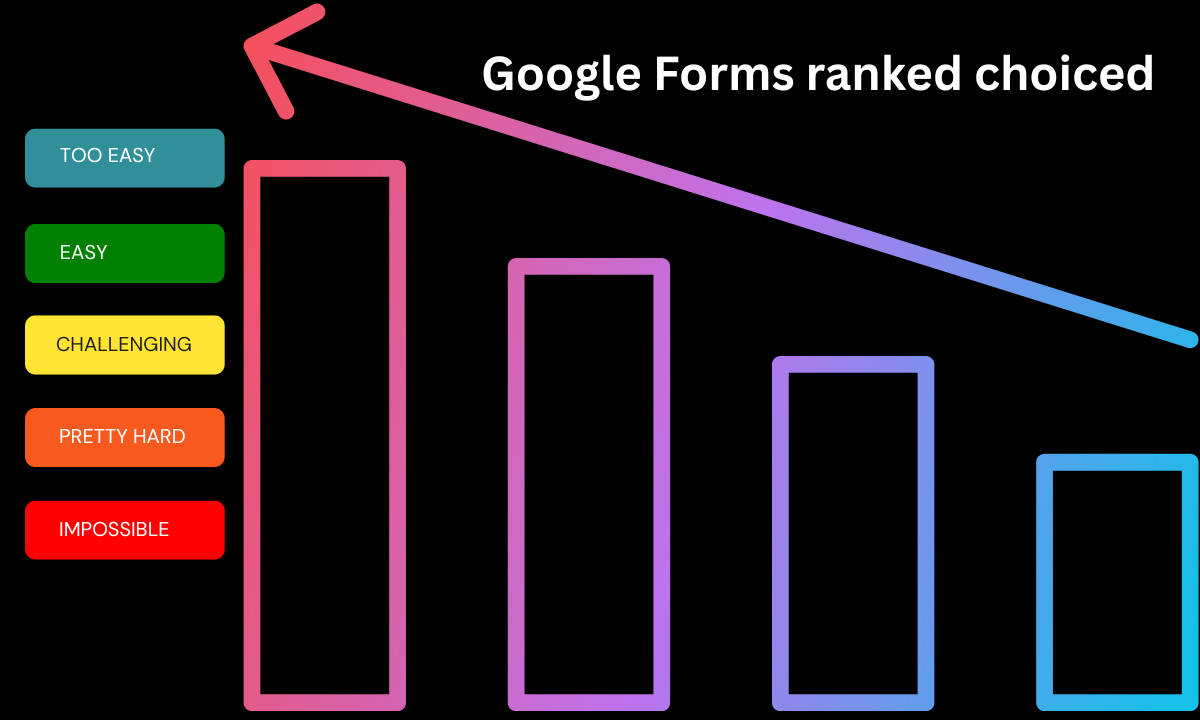In times when the environmental effects of human activities are becoming a major concern to the planet, King Charles has come to be seen as a champion for all efforts to promote sustainability around the globe. For him, devotion to the environment is not limited to a single field but goes far and wide, including travel and tourism. Even with the different measures being adopted towards battling global warming, King Charles’ Sustainable Travel Initiatives are a way to encourage responsible travel practices in an age where almost every activity comes with a carbon footprint.
An Unwavering Commitment towards the Environment- A Life-long Agenda for King Charles.
King Charles has for several decades supported environmental related issues even. before the term sustainability came into existence. He has spent the better part of the last few decades lamenting the threats of climate change, the dangers of biodiversity loss, and the need for green revolution in diverse economic sectors from farming to construction.
Travel, which is an economic sector notorious for its share of the global greenhouse gases discharges, is yet another constituency where King Char… has sought for better ways to manage the impacts of this industry. His firm belief is that tourism is not an enemy of the environment, but rather, it becomes one when the pillar of sustainability is lacking. He is also a strong advocate for responsible tourism and is shifting the perception of travel to be a part of the agenda for socio-economic, cultural and environmental survival rather than for transient pleasure purposes alone.
Fostering Sustainable Travel: A Goal to Achieve By King Charles
King Charles has consistently advocated for the need to minimise environmental impact whenever travel is being undertaken. His sustainable travel initiatives promote several different concepts that indicate his comprehensive knowledge of the opportunities that tourism presents and the threats it can pose to the environment:
Avoiding Carbon Footprint on Travel
King Charl.. also spoke on the things and tourism impacts on the economy and a particular country’s carbon footprint. He promotes the use of electric cars for transport, discouraging air travel, and promoting train travel instead among other alternatives that have a low carbon footprint. He has also been a proponent of the concept of slow travel on the grounds that inhabitants will remain in one place for an extended period of time hence will fully know the place without moving around often and causing carbon pollution.
Fostering Sustainable Travel: A Goal to Achieve By King Charles
King Char… has consistently advocated for the need to minimise environmental impact whenever travel is being undertaken. His sustainable travel initiatives promote several different concepts that indicate his comprehensive knowledge of the opportunities that tourism presents and the threats it can pose to the environment:
Avoiding Carbon Footprint on Travel
King Charles also spoke on the things and tourism impacts on the economy and a particular country’s carbon footprint. He promotes the use of electric cars for transport, discouraging air travel, and promoting train travel instead among other alternatives that have a low carbon footprint. He has also been a proponent of the concept of slow travel on the grounds that inhabitants will remain in one place for an extended period of time hence will fully know the place without moving around often and causing carbon pollution.
Key Initiatives Led by King Charles.
The Duchy of Cornwall: A Case of Sustainable Practice in Land Management.
Last but not least, the sustainable travel efforts spearheaded by King Char… can be illustrated in his day to day management of the Duchy of Cornwall. This estate, endowed with thousands of acres of land, has structures in place that allow for responsible care of the environment. Be it organic agriculture or safeguarding of wildlife, the Duchy illustrates best how tourism and land use practices can be balanced. Anyone touring the estate will appreciate the living benefits of sustainable tourism, complete with green buildings, renewable sources of energy and minimal ecological disturbance.
The Prince’s Foundation and Sustainable Tourism
Within the framework of the Prince’s Foundation, King Char… has been involved in a number of activities that are designed to foster responsible practices in travel and related industries. For instance, the foundation facilitates local communities in the preparation of Territory Integration Plans that seek to expand tourism, while maintaining a balanced relation with the environment and economics. In promoting such tourism, the foundation aids in preservation efforts so that the natural beauties of the earth remain for posterity intact.
Earth Charter and Global Collaborations
In outreach initiatives, King Charles has worked with the Earth Charter which is global in nature, promoting sustainability, peace, and respect for Mother Earth. His position has also been valuable in advocating for sustainable tourism by welcoming the international community to unite and mitigate the environmental degradation impacts inflicted by travel. Therefore, he works towards bringing, for example, alternative fuels for aviation and less harmful uses of energy in the context such as the tourism industry through such collaborations.
The Future of Travel: A Vision By King Charles
King Charles’ outlook on travel includes not only the exploration of different places, cultures and people but also placing travel in the service of the environment. He is addressing the requirements of the present and the future in which aware tourism will prevail among tourists and will be embraced by travel corporations. He backs funds in alternative energy sources including electric aircrafts, biofuels that can change the face of travelling, reducing carbon footprints to almost minimum levels.
Furthermore, King Charles is irreconcilably opposed to the concept of travel as a leisure activity, aesthetics aside, without care for the planet. He urges people and economies to make these changes in their behaviour including packing less in order to consume less fuel or to fly with environmental conscious companies.
Frequently Asked Questions About King Charles
1. Who is King Charles?
King Charles III is the reigning monarch of the United Kingdom and other Commonwealth realms. Born Charles Philip Arthur George on November 14, 1948, he is the eldest son of Queen Elizabeth II and Prince Philip, Duke of Edinburgh. He became king following the passing of Queen Elizabeth II on September 8, 2022.
2. What was King Charles’ title before he became king?
Before ascending the throne, King Charles held the title of the Prince of Wales, which he held for over 64 years—the longest tenure in British history. Additionally, he was known as the Duke of Cornwall, Duke of Rothesay, and the Earl of Carrick, among other titles.
3. When was King Charles crowned?
King Charles III’s coronation ceremony took place on May 6, 2023, at Westminster Abbey. This grand occasion followed a centuries-old tradition symbolizing the official confirmation of his role as monarch.
4. What is King Charles known for besides his royal duties?
King Charles has been a longstanding advocate for environmental conservation, sustainable agriculture, and architecture. He established the Prince’s Trust in 1976, a charitable organization that has supported young people globally. He is also deeply interested in traditional craftsmanship, urban design, and organic farming.
5. How has King Charles influenced the monarchy?
King Charles is known for modernizing aspects of the monarchy. He has taken steps to make it more inclusive, transparent, and relevant in contemporary society. His reign emphasizes sustainability and the monarchy’s role in addressing global challenges like climate change.
6. What are King Charles’ views on climate change?
For decades, King Charles has been a vocal advocate for environmental preservation. He has spoken about climate change at international forums, supported renewable energy initiatives, and implemented eco-friendly practices at his estates. His commitment to these issues is seen as a defining feature of his public life.
7. Is King Charles married? Who is his wife?
Yes, King Charles is married to Camilla, Queen Consort. The couple wed on April 9, 2005, in a civil ceremony at Windsor Guildhall. Camilla was previously known as the Duchess of Cornwall and was declared Queen Consort upon Charles’ ascension to the throne.
8. Does King Charles have children?
King Charles has two sons, Prince William, the Prince of Wales, and Prince Harry, the Duke of Sussex, from his first marriage to the late Princess Diana. Prince William is next in line to the throne.
9. What is King Charles’ approach to global relations?
King Charles III emphasizes diplomacy, cultural exchange, and cooperation. As head of state, he continues the monarchy’s tradition of fostering goodwill among nations, particularly within the Commonwealth.
10. What role does King Charles play in the Commonwealth?
As the monarch, King Charles is the head of the Commonwealth, a political association of 56 member states. He works to strengthen ties among member nations and promote shared values such as democracy, human rights, and sustainable development.
11. How does King Charles balance tradition and modernization?
King Charles blends respect for royal traditions with a forward-thinking approach. While honoring age-old customs, he seeks to align the monarchy with contemporary values, addressing issues like diversity, inclusivity, and global challenges.
12. Where does King Charles reside?
King Charles resides primarily at Buckingham Palace in London. He also spends time at other royal residences, including Highgrove House, Sandringham Estate, and Balmoral Castle.
Conclusion
King Charles III’s journey to the throne represents a life dedicated to service, tradition, and innovation. His reign comes at a pivotal time in history, requiring a balance of preserving royal heritage while adapting to the demands of a modern world. Known for his commitment to environmental causes, community service, and the arts, King Charles embodies a unique blend of tradition and progress.
His steadfast dedication to global challenges like climate change and sustainable development marks him as a monarch with a vision for the future. As King Charles III leads the United Kingdom and the Commonwealth into a new era, he remains a symbol of resilience, continuity, and hope for people worldwide.












